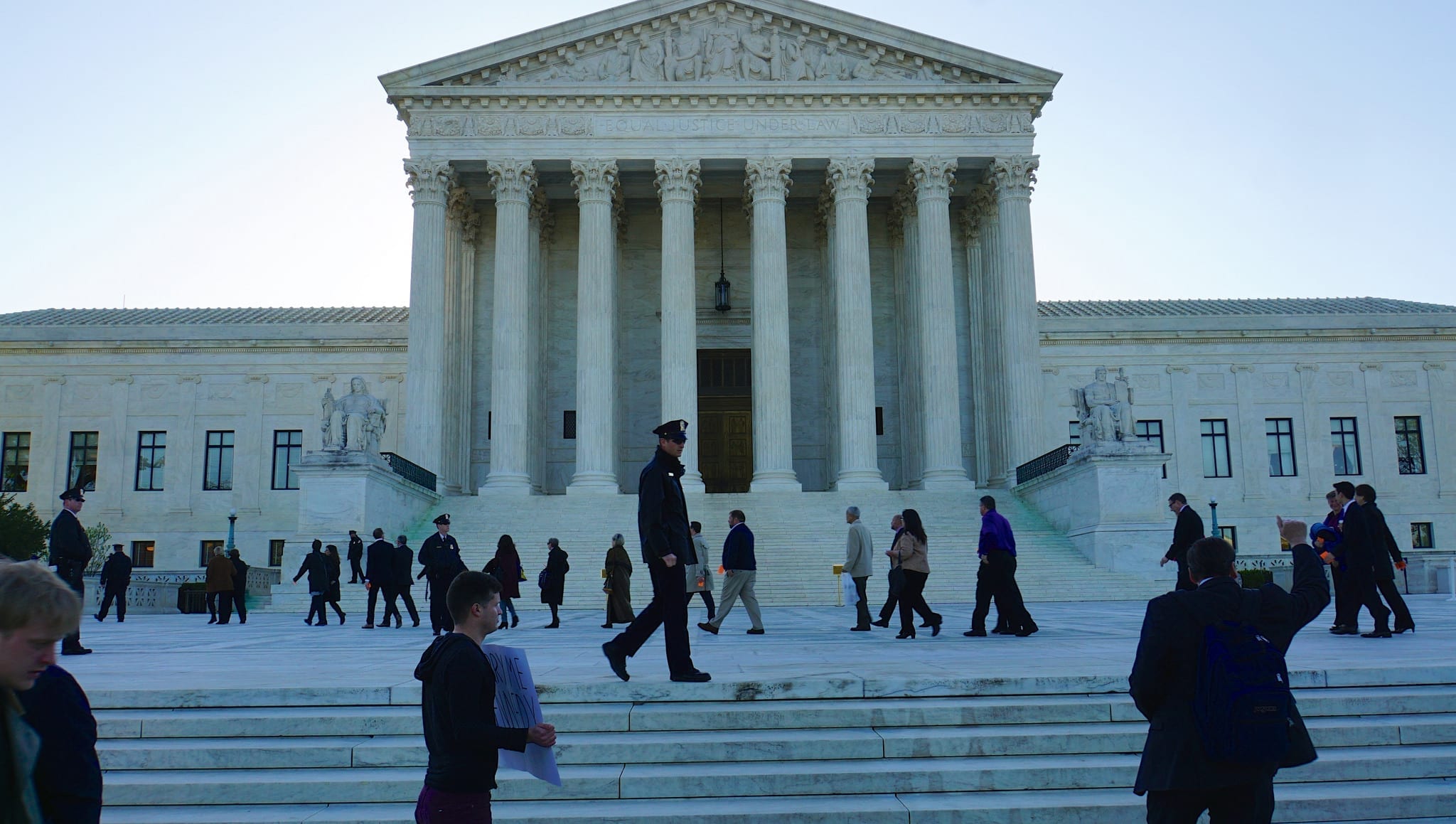The Congressional Research Service recently released a report on Judge Brett M. Kavanaugh, the current nominee. What follows is an excerpt from the report.
As we all know, there’s an opening on the U.S. Supreme Court. Whoever is finally confirmed for that position will have a lasting impact on American life, from civil rights to environmental and consumer issues. The Congressional Research Service recently released a report on Judge Brett M. Kavanaugh, the current nominee. What follows is an excerpt from the report. The full report can be found here.

“On July 9, 2018, President Donald J. Trump announced the nomination of Judge Brett M. Kavanaugh of the U.S. Court of Appeals for the District of Columbia Circuit (D.C. Circuit) to fill retiring Justice Anthony M. Kennedy’s seat on the Supreme Court of the United States. Nominated to the D.C. Circuit by President George W. Bush, Judge Kavanaugh has served on that court for more than twelve years. In his role as a Circuit Judge, the nominee has authored roughly three hundred opinions (including majority opinions, concurrences, and dissents) and adjudicated numerous high-profile cases concerning, among other things, the status of wartime detainees held by the United States at Guantanamo Bay, Cuba; the constitutionality of the current structure of the Consumer Financial Protection Bureau; the validity of rules issued by the Environmental Protection Agency under the Clean Air Act; and the legality of the Federal Communications Commission’s net neutrality rule. Since joining the D.C. Circuit, Judge Kavanaugh has also taught courses on the separation of powers, national security law, and constitutional interpretation at Harvard Law School, Yale Law School, and the Georgetown University Law Center.
This report provides an overview of Judge Kavanaugh’s jurisprudence and discusses his potential impact on the Court if he were to be confirmed to succeed Justice Kennedy. In particular, the report focuses upon those areas of law where Justice Kennedy can be seen to have influenced the High Court’s approach to certain issues or served as a fifth and deciding vote on the Court, with a view toward how Judge Kavanaugh might approach these same issues if he were to be elevated to the High Court. Of particular note, the report includes an Appendix with several tables that summarize the nominee’s rate of authoring concurring and dissenting opinions relative to his colleagues on the D.C. Circuit, and how Judge Kavanaugh’s opinions as an appellate judge have fared upon review by the Supreme Court.”


Join the conversation!